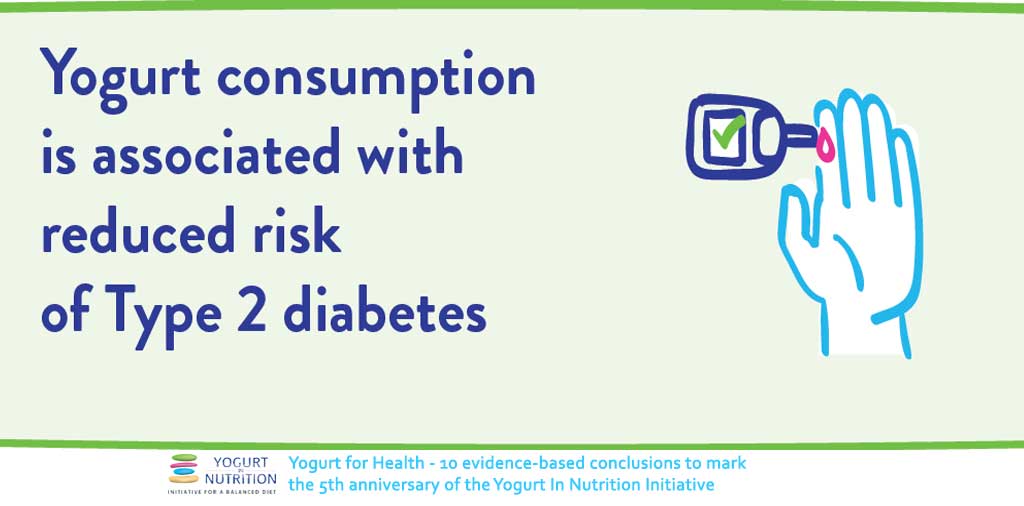diabetes prevention
Diabetes prevention
Diabetes, like obesity, is a worldwide health challenge. Estimations reveal that 415 million people have developed a form of diabetes, and this number is expected to reach 642 million by 2040. To tackle this issue, the WHO (World Health Organization) advises people to adopt a healthier lifestyle. Not only would better lifestyles prevent from obesity and type 2 diabetes (T2D), they would also limit complications for all types of diabetes.
4 habits to lower your risks of type 2 diabetes
-
Increase the level of physical activity
It is well known that sedentary life makes many things effortless. The WHO warns that worldwide, one adult in four lacks physical activity. Sedentary life is a major risk factor of developing non-communicable diseases, such as diabetes.Improving one’s lifestyle should be done through both food and sports. That’s why, no matter how old you are, you should practice some sport.
-
Switch to a healthy diet
Many studies have focused on assessing what was the healthiest diet among the world. There is no good answer but still some eating patterns have been associated with a lower risk of developing type 2 diabetes. For instance, the Mediterranean diet is linked to lower incidence of T2D (1). This diet is mainly composed of fruits, vegetables, olive oil, nuts, seeds, minimally processed foods, cheese and yogurt.
However a healthy diet cannot be described by its foods only, nutrients must also be watched. Indeed, a healthy diet is also characterized by its fat profiles. Insulin sensitivity and glucose metabolism can be altered by dietary fats. But this result depends on the different types of fats. Saturated fat are to be limited, and instead, should be replaced by mono-unsaturated and poly-unsaturated fats that might help to prevent T2D. And, as dietary fats depend on their origin, high consumption of red meat and meat products have been associated with a greater risks of developing T2D. Plant-sourced fats may be preferred to animal sources. Still, according to epidemiological studies, high intake of dairy products may be protective regarding T2D (2, 3, 4).
-
Add fermented foods or probiotic foods to your diet
Because available evidence shows that probiotic bacteria enhance fat profiles and antioxidant status for type 2 diabetes patients, researchers believe probiotic bacteria could lower the risk of developing this form of diabetes (5). Also, other evidence highlighted the link between the consumption of fermented dairy products and a reduced risk of diabetes (6). This relationship could be the result of live bacteria of fermented dairies modulating the gut microbiota. And it is known that gut microbiota influences body metabolism. Several studies have demonstrated that a gut microbiota with a high diversity can limit the risk of type 2 diabetes (7).
-
Include yogurt in your meals
Including yogurt in your diet is an easy step to adopt. As mentioned before, healthy diet and dairy foods are associated with lower risk of T2D (2, 3, 4). Dairy foods are thus included in the US 2015 Dietary Guidelines, which advisory committee claimed that “consumption of dairy foods provides numerous health benefits, including lower risk of diabetes, metabolic syndrome, cardiovascular disease and obesity”.
Yogurt and cheese are efficient to reduce your appetite and control blood glucose (8). Milk proteins provide an increased satiety. In addition, the great amounts of calcium and vitamin D in dairy products may also be beneficial for health (9).
Nevertheless, not all dairies are equally interesting (10,11,12,13,14). In particular, yogurt is strongly recommended:
- Yogurt has a low glycaemic index (GI) and scientific evidence shows that low GI foods reduce the risk of getting type 2 diabetes (15)
- Yogurt is composed of varying amounts of fat and proteins that are known to lower glycaemic response. It is therefore advised to replace foods having added sugars with yogurt.
Some diabetes associations recommend to eat yogurt and low fat dairy products every day.
In short, yogurt may be excellent for all of us. Aside from its attractive taste, yogurt is linked to lower risk to develop type 2 diabetes and reduced complications for people with this condition. (16)
Yogurt is part of a healthy diet. Scientific research explains yogurt prevention properties by its direct effect on satiety (and thus energy intake), which decreases adiposity, leading to lower risk of becoming resistant to insulin. Another very special feature of yogurt is its probiotic properties, which could positively regulate gut microbiota (17).
Sources :
[1] Wu Y, Ding Y, Tanaka Y, et al. Risk factors contributing to type 2 diabetes and recent advances in the treatment and prevention. Int J Med Sci 2014;11:118–-200.
[2] Aune D, Norat T, Romundstad P, et al. Dairy products and the risk of type 2 diabetes: a systematic review and doseresponse meta-analysis of cohort studies. Am J Clin Nutr 2013;98:1066–83.
[3] Chen M, Sun Q, Giovannucci E, et al. Dairy consumption and risk of type 2 diabetes: 3 cohorts of US adults and an updated meta-analysis. BMC Med 2014;12:215.
[4] Gijsbers L, Ding EL, Malik VS, et al. Consumption of dairy foods and diabetes incidence: a dose-response metaanalysis of observational studies. Am J Clin Nutr 2016;103:1111–24.
[5] Razmpoosh E. et al., Probiotics as beneficial agents in the management of diabetes mellitus: a systematic review, July 2015.
[6] Beulens JW, van der A DL, Grobbee DE, et al. Dietary phylloquinone and menaquinones intakes and risk of type 2 diabetes. Diabetes Care 2010;33:1699–705.
[7] Wen L, Duffy A. Factors influencing the gut microbiota, inflammation, and type 2 diabetes. J Nutr 2017;147:1468S–75S.
[8] Law M, Lee YT, Vien S et al. The effect of dairy products consumed with high glycemic carbohydrate on subjective appetite, food intake, and postprandial glycemia in older adults. Appl Physiol Nutr Metab. 2017;42(11):1210-6
[9] Li and Xing, Annals of Nutrition and Metabolism 2016; 68 : 285-290.
[10] Díaz-López A, Bulló M, Martínez-González MA, et al. Dairy product consumption and risk of type 2 diabetes in an elderly Spanish Mediterranean population at high cardiovascular risk. Eur J Nutr 2016;55:349–60.
[11] Lenoir-Wijnkoop I, Mahon J, Claxton L, et al. An economic model for the use of yoghurt in type 2 diabetes risk reduction in the UK. BMC Nutr 2016;2:77.
[12] Santiago S, Sayón-Orea C, Babio N, et al. Yogurt consumption and abdominal obesity reversion in the PREDIMED study. Nutr Metab Cardiovasc Dis 2016;26:468–75.
[13] Pei R, Martin DA, DiMarco DM, Bolling BW. Evidence for the effects of yogurt on gut health and obesity. Crit Rev Food Sci Nutr 2017;57:1569–83.
[14] Fernandez MA, Marette A. Potential health benefits of combining yogurt and fruits based on their probiotic and prebiotic properties. Adv Nutr 2017;8:155S–64S
[15] Wolever TM. Yogurt is a low-glycemic index food. J Nutr 2017;147:1462S–7S.
[16] Salas-Salvado J et al. The Journal of Nutrition 2017;147:1S-10S
[17] Tremblay A, Panahi S. Yogurt consumption as a signature of a healthy diet and lifestyle. J Nutr 2017;147:1476S–80S.








